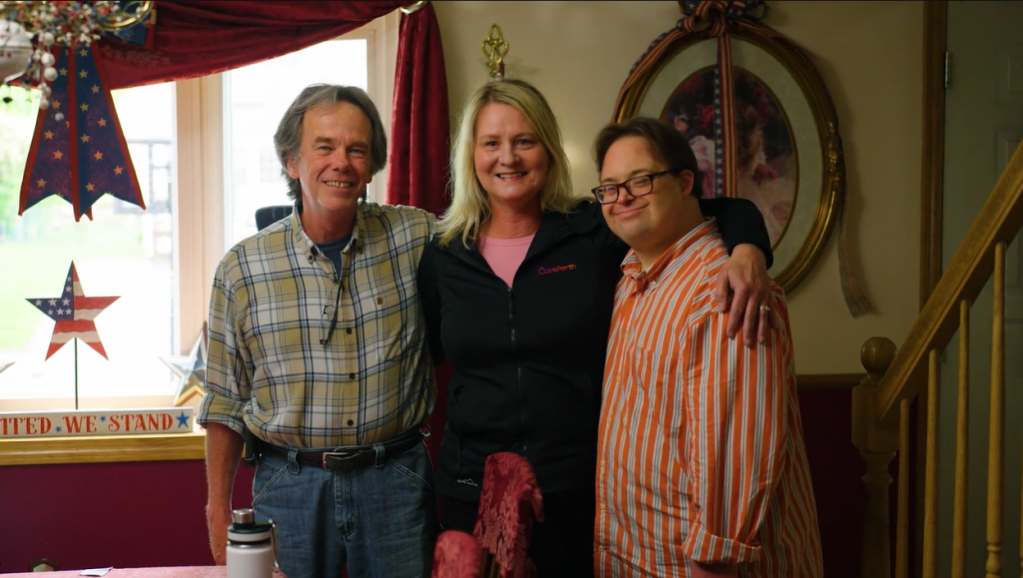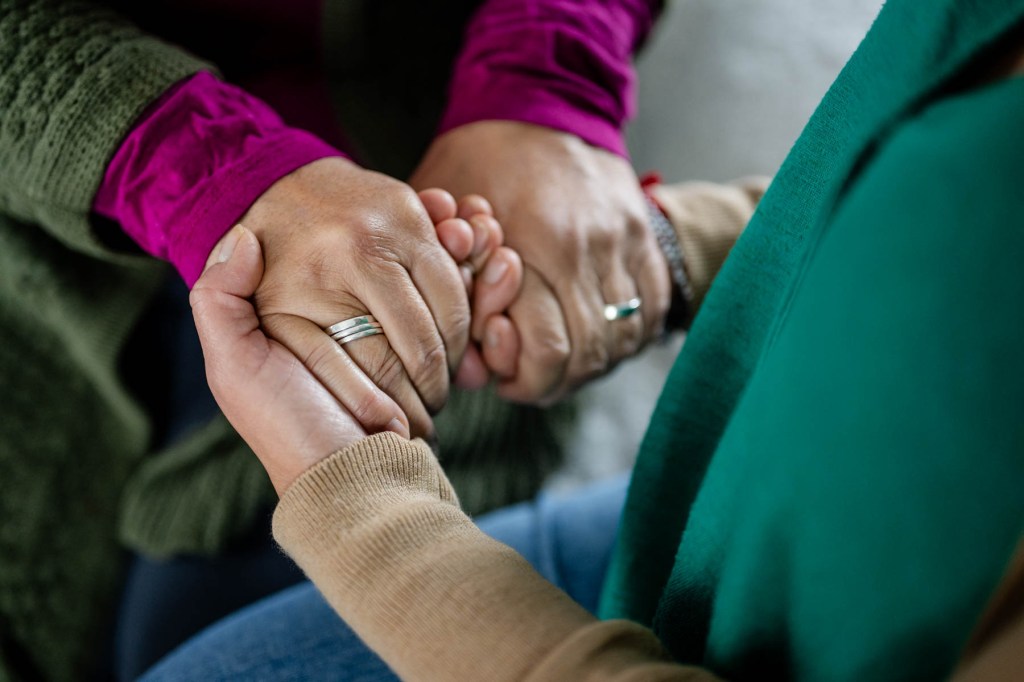
The Power of Family Caregiving
Back in 2004, Joe Scopa was a busy fellow. He served as CEO of a law practice in Massachusetts and also played two nights a week in a band. Then his mother, Katherine, fell and suffered a traumatic brain injury. After a year in a recovery facility, as Katherine’s health began to decline, Joe made a big decision: He brought Katherine home to be surrounded by family.
“I thought I was bringing my mother home to die,” Joe remembers. “I thought she would be living with me for just a few months.”
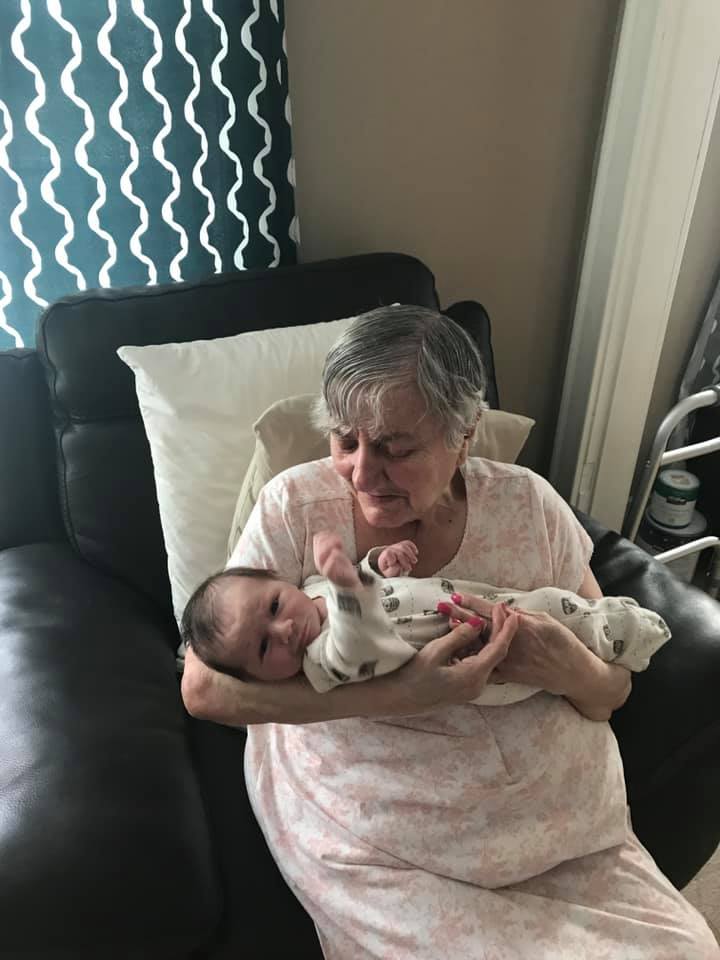
Little did he know that bringing his mother home would change both their lives. After she came to live with Joe, Katherine improved, and those few months turned into another 16 years with family and friends, including spending precious time with her grandchildren, Angelina and Christian. Being cared for at home by family seemed to make all the difference.
It wasn’t easy at times, Joe admits, especially at first. In addition to showing signs of dementia, Katherine had diabetes, which needed to be managed. Joe left his position at the law firm and started a pet care business from home. Between running a business and caring for his mother, Joe barely had time to take care of himself.
Recognizing the need for additional support, in 2007 Joe reached out to Seniorlink (now known as Careforth) and was able to enroll in Adult Foster Care, a Massachusetts structured family caregiving program. For the next 14 years, through this program, Joe’s care team from Seniorlink provided coaching and emotional and financial support, helping him manage the day-to-day as well as crises, such as when Katherine was diagnosed with a gall bladder infection in 2013. “That was a close call,” Joe recalls. But Katherine recovered and was able to continue living at home and enjoying life.
Katherine passed away peacefully just last October surrounded by her family. “I never would have imagined this all those years ago,” Joe says, adding that even up until the very end, Katherine recognized Joe and his wife, Julie, and her beloved grandchildren.
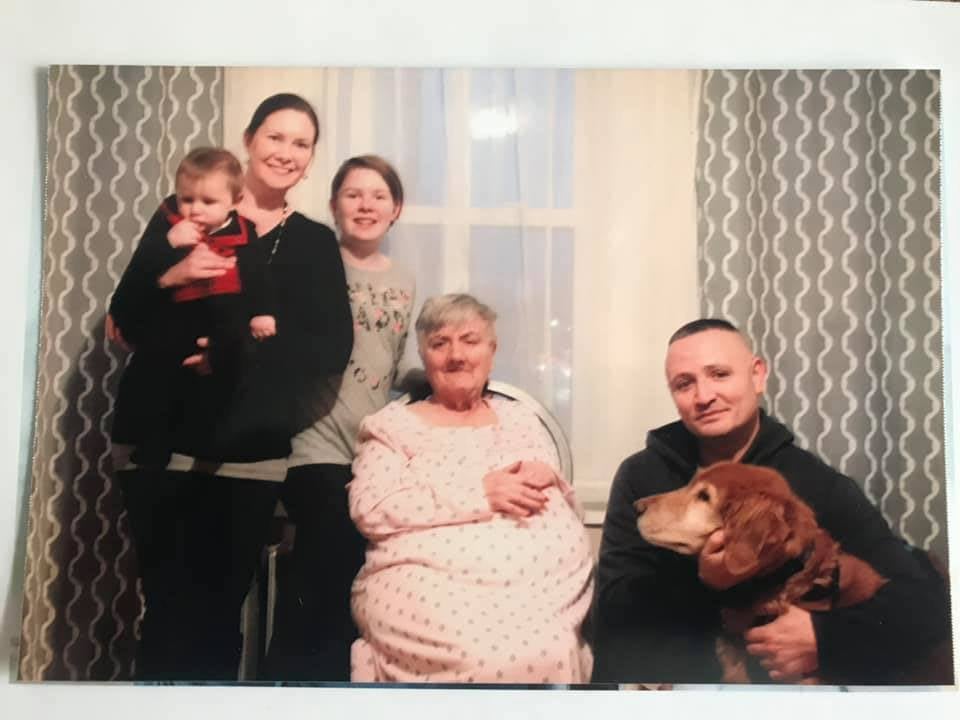
Joining the Ranks of Caregiver Nation
When Joe moved his mom into his home, he joined the ranks of the largest unpaid workforce in the country: family caregivers. In the United States today, 53 million people voluntarily take care of other people who are over 65 or live with disabilities or developmental delays, often family members. This vast but invisible workforce is what Careforth calls Caregiver Nation.
Joe can attest to the difference it makes to have the right kind of support when caring for someone else. Scheduling medical appointments, managing medications, and assisting with activities of daily living, such as dressing, eating and bathing, can amount to a full-time job for a caregiver. It helps to have professional coaching from a group like Careforth on what to do, what to know, and where to look when there’s a medical need.
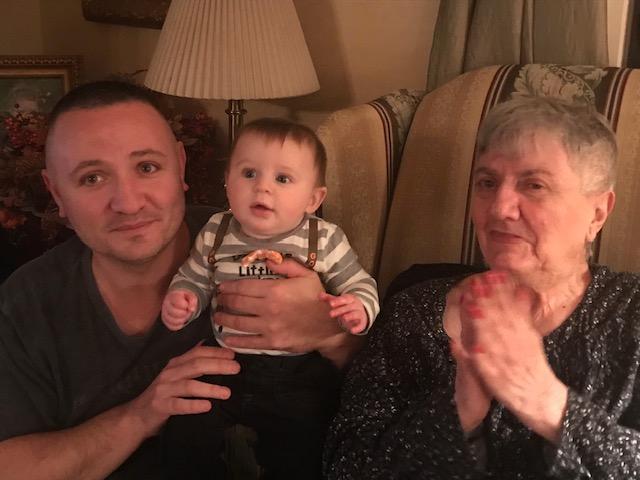
“Seniorlink [Careforth] definitely made my life easier,” Joe says. “It isn’t just the financial help. It’s the resources they connect you to. Sometimes you don’t know where to find something, like a form or a piece of equipment. You may need a wheelchair but getting one can take weeks, and you need it now. Seniorlink can help make it happen fast.”
The experience also changed his life, inspiring Joe to support others on their own caregiver journeys. Several months after saying goodbye to his mother, Joe joined Seniorlink as a community health worker. Now he’s doing for others what Seniorlink did for him—providing coaching and emotional and financial support, and from someone who experienced it firsthand.
Joe smiles. “I guess you could say I’m paying it forward,” he says.
If you’re caring for someone at home, you don’t have to go it alone. Careforth offers caregiver coaching to help those caring for family or friends get the support they need.
More insights like this:
-

Challenges Caregivers Face in Personal Relationships
Read more: Challenges Caregivers Face in Personal RelationshipsEveryone has different expectations for the challenges that a caregiving role might bring, such as the difficulty of managing a loved one’s medical needs or transporting them to appointments. But there are social impacts for caregivers as well. Caregiving goes beyond helping a loved one with health and wellness at home; it can…
-
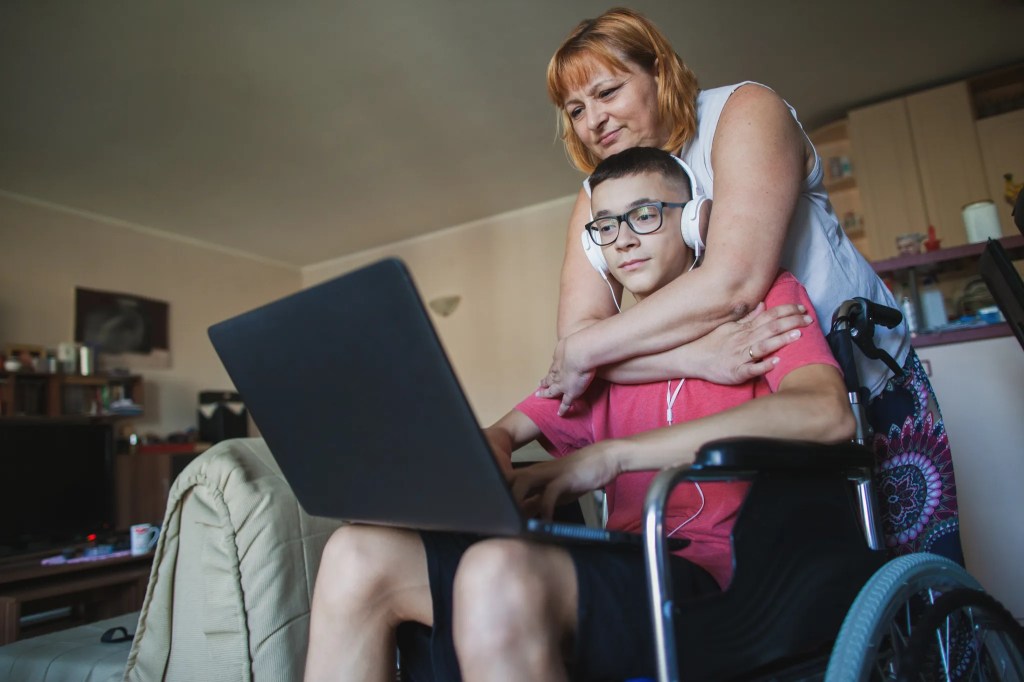
Caring For Your Child With Disabilities
Read more: Caring For Your Child With DisabilitiesAccording to AARP’s Caregiving in the U.S. 2020 Report, 14.1 million caregivers provide care for children ages 0-17. In addition, one-in-ten parents in the U.S. provide over two and a half hours of unpaid care a day to an adult child. That’s a lot of care. A lot of dedication. And a lot…
